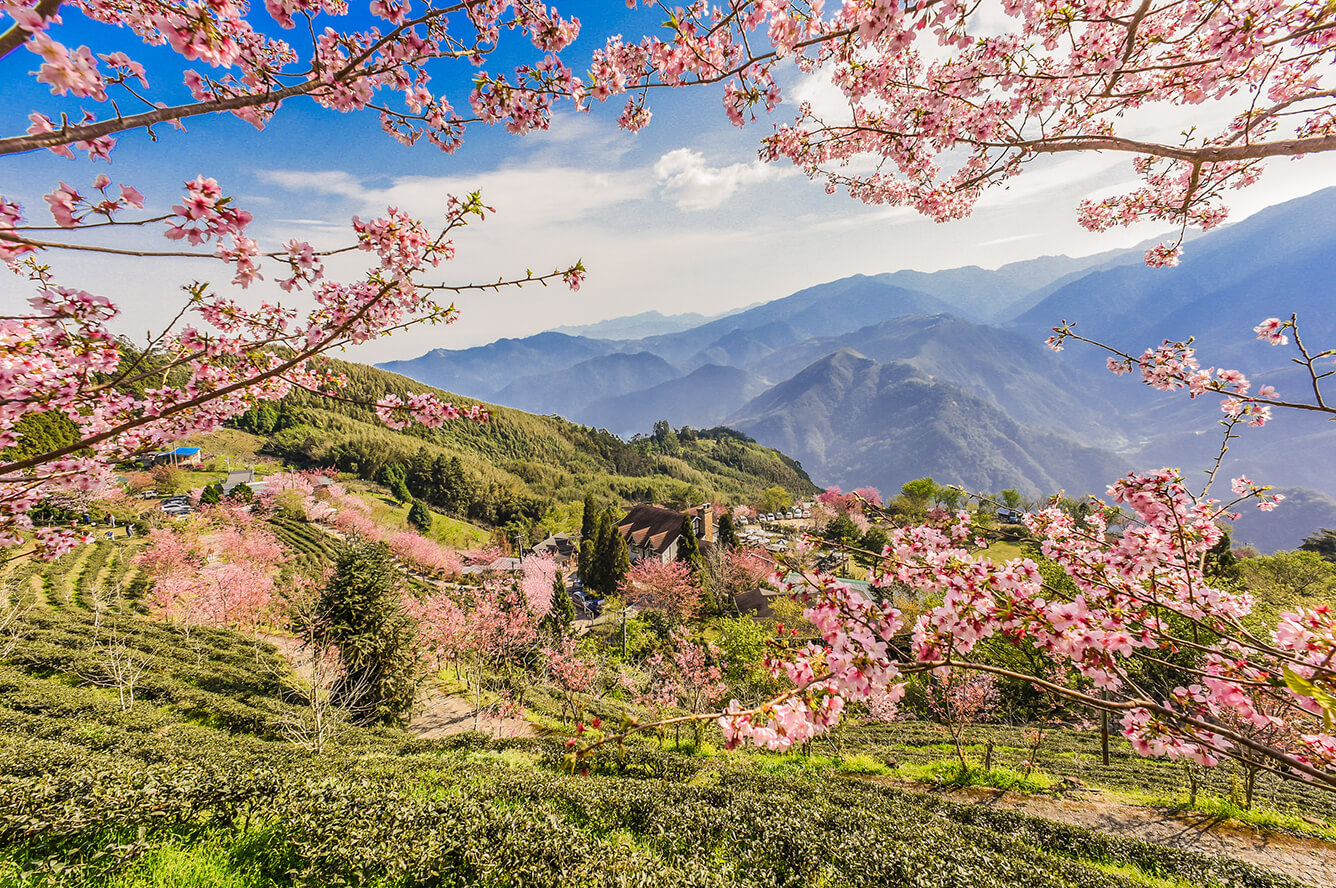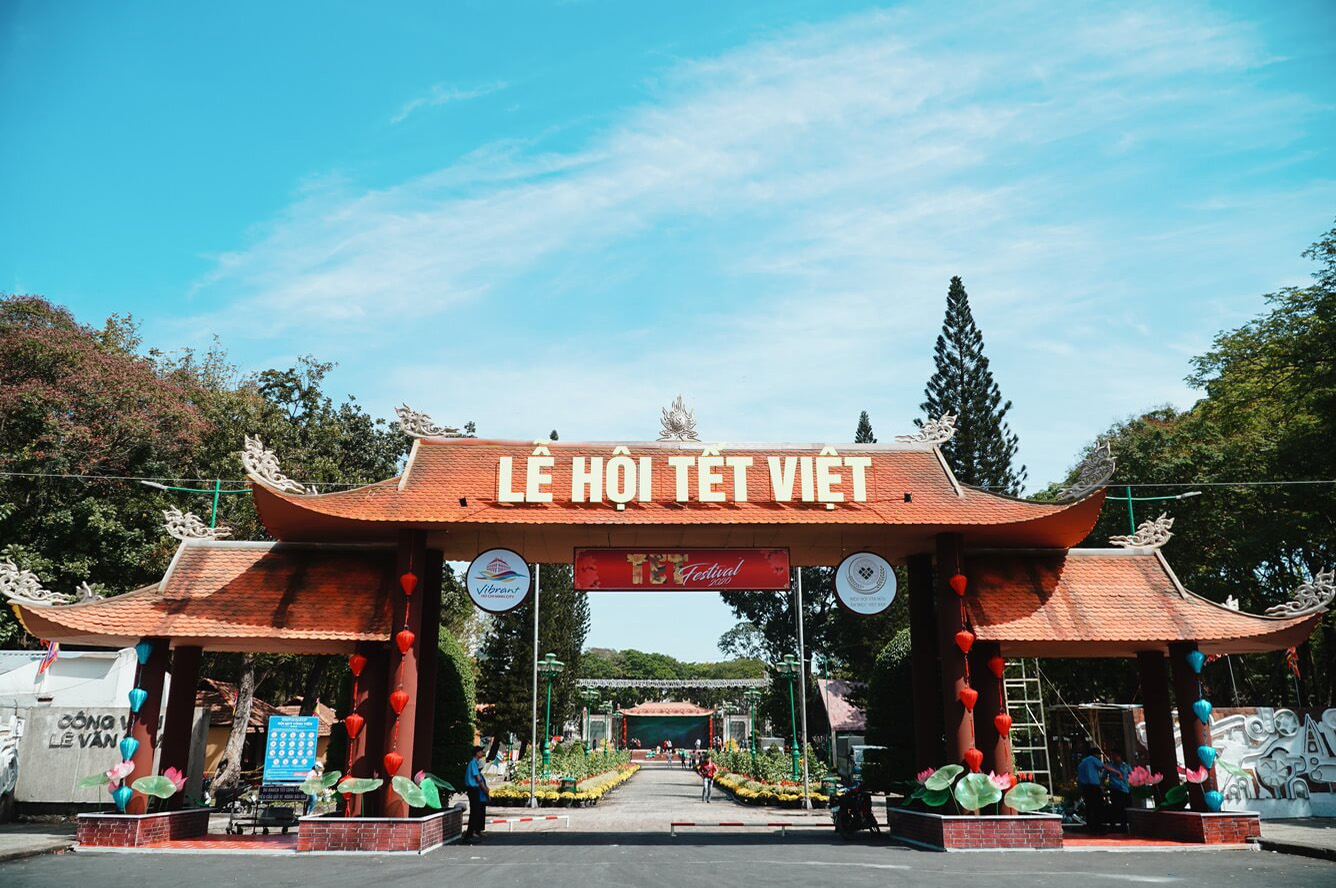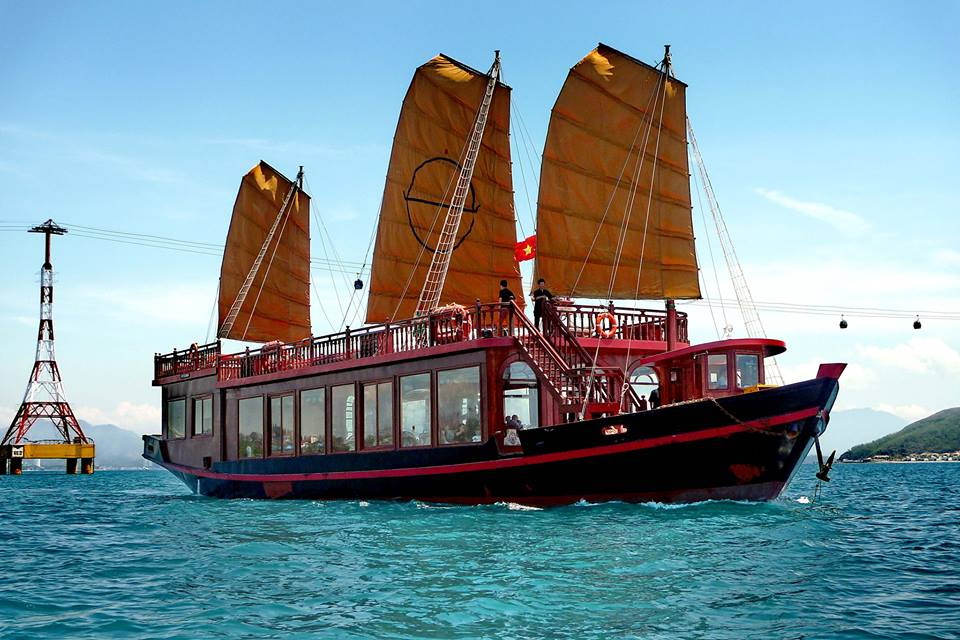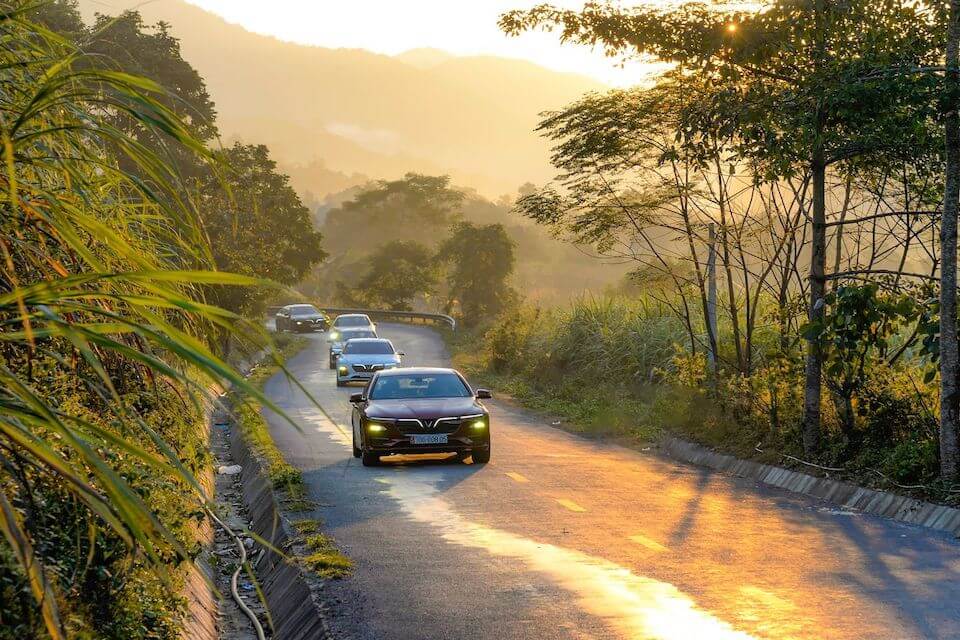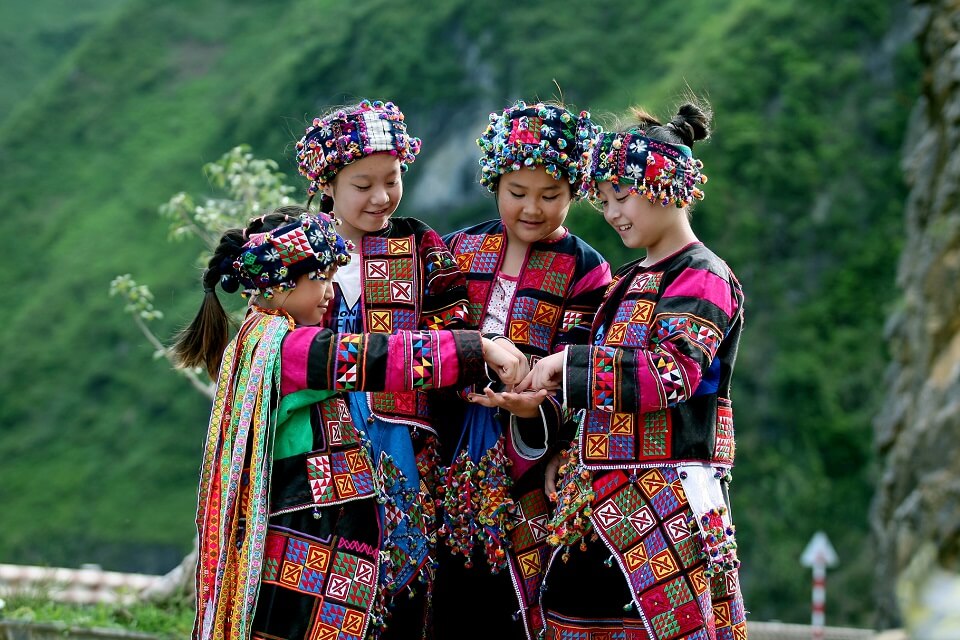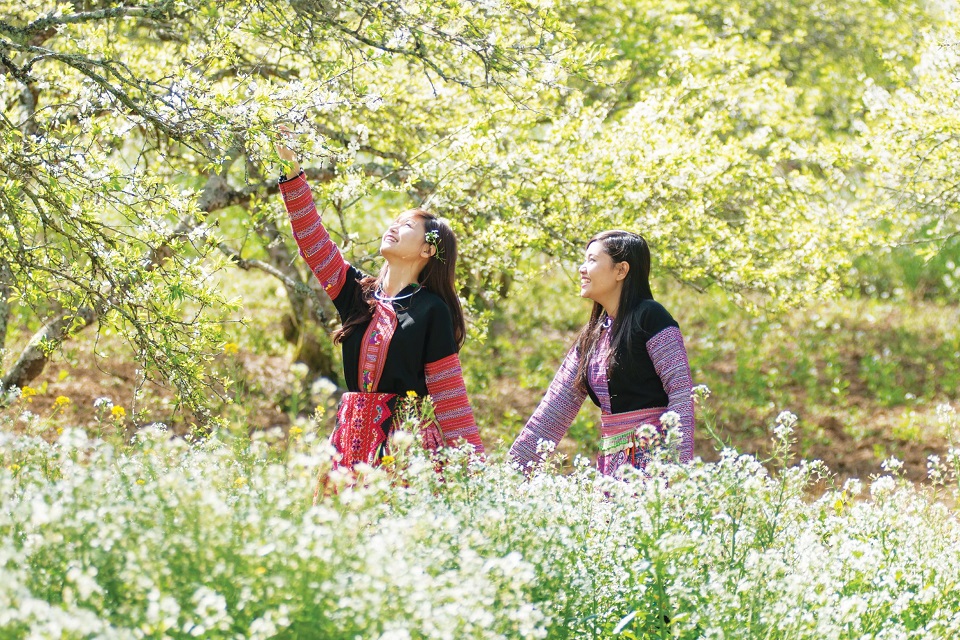Island Nature
Can ecotourism help preserve one of the world’s greenest—and most beautiful—countries? Bill Donahue reports from Dominica.
Flying down to the small Caribbean nation of Dominica, I see at once why the place markets itself as the Nature Island. Beneath me, the 4,000-foot mountains are verdant and craggy, the near-vertical slopes dotted with trees and crowned with mist. The plane circles, and I glimpse a few of the 365 rivers that flow through the rain forest that blankets two-thirds of the island. And then we start to drop, rapidly. The plane sweeps and cuts, kamikaze-style, through clouds and between looming rock faces—how else are you going to land on the Caribbean’s most mountainous island?We corkscrew madly, wings rattling, then we skid to a halt on a short runway, and I have arrived in what promises to be a natural paradise.
At the 3 Rivers Eco Lodge, a sustainable hotel-encampment consisting of four cottages on a terraced hillside, the water is heated with solar power, the soap is locally made and biodegradable, and many of the toilets are self-composting. Owner Jem Winston is a Brit and self-proclaimed "hippie backpacker," and he leads me up a hill, past a swimming hole, and into the woods, where he shows me a giant, guest-ready tree fort. "I didn’t cut down a single tree to build it," he assures me proudly. "We used nothing but dead, fallen timber."
I am beginning to understand why the 29-mile-long Dominica is, with New Zealand, one of only two nations to have "benchmark" status with Green Globe, an Australian NGO that sets stringent ecotourism standards. The environment—and environmental politics—are front and center here, and most places I visit on the island have a homegrown, unvarnished quality.
Right now, Dominica’s tourism industry is nascent, bringing in just $60 million annually, compared with nearby St. Lucia’s $290 million. There are no chain hotels here, and the infrastructure tends to be basic. Nevertheless, nearly 300,000 cruise ship passengers visited Dominica last year, and its minister of tourism, Yvor Nassief, is working hard to draw more high-end visitors. Dominica recently deepened its port, making it navigable for the cruise industry’s new jumbo liners. The country also just spent more than $30 million to illuminate and expand its airport, and by next spring planes will be able to arrive at night, allowing both U.S. and European travelers to bypass a long-standing hassle: the need to overnight in San Juan. All this development means that Dominica—up to now a destination mainly for the backpack-toting adventurer—is suddenly facing a conundrum, shared by many small islands: how to remain authentic as it endeavors to build its economy and become an ecotourism magnet.
The next day, I take a difficult hike up to Boiling Lake, which steams and bubbles with volcanic activity. The landscape is lush and otherworldly—untouched. The traffic is scant on the absurdly steep, potholed road that takes me from the capital, Roseau, to a mile-long aerial tramway that climbs right into the clouds. I can see the rough ocean surf chopping at the shoreline below and I’m reminded that the island was a main location for the shooting of the Pirates of the Caribbean movies—a sign of things to come, perhaps.
Indeed, Nassief has of late been luring new foreign-owned hotels by offering tax holidays and the right to import duty-free construction materials. An American investor, Beverly Deikel, is building a $10 million property, Rosalie Bay Nature Resort, right on the beach, but at a strategic distance from what she hopes will be her hotel’s main attraction: a nesting colony of 800-pound leatherback turtles. Six Senses Resorts & Spas, a Bangkok-based chain, is also planning a beachfront luxury eco-resort.
Many locals support the new developments. According to Sam Raphael, the eco-minded owner of Dominica’s Jungle Bay Resort & Spa (he recently led a cross-island march to protest the government’s pro–whale hunting policy), the hotels are "not perfect. But they’re small and they’re environmentally sensitive." Meanwhile, hotelier Athie Martin, president of the Dominica Conservation Association, sees the new venues as a threat. "The minister of tourism is undermining the very product that Dominica is known for," he says, lamenting that some of the new resorts are too big. But he reserves his deepest ire for Venezuelan president Hugo Chávez, who recently pledged $80 million to help Dominica build its own oil refinery. The giant offshore plant would produce up to 10,000 barrels a day—enough to meet Dominica’s energy needs and also vault the island into the export business. Chávez is backing the project in a bid to strengthen his hand regionally vis-à-vis the United States and its free-trade plans.
It’s unclear whether the refinery will get built, though. Construction is contingent on an environmental impact statement, and although the island’s 34-year-old prime minister, Roosevelt Skerrit, has spoken of locating the refinery somewhere on Dominica’s west coast, he has yet to choose an exact locale. His support for the project is understandable: Dominica is a poor country, with an average income of about $3,800 a year, and it has suffered since losing its favored–trading partner status with the European Union in 1997, which had enabled the former British colony to export bananas at artificially high prices.
To Deirdre Shurland, director of the Caribbean Alliance for Sustainable Tourism, the challenge of juggling the country’s environmental and economic agendas is nothing new. "That’s always the struggle for small island states," she says. "They have limited resources and yet they need a way to survive." Dominica, she says, has a chance to be a "model for the Caribbean."
The island’s forestry laws, I learn, are among the world’s most stringent. Clear-cutting is not practiced, and even as it woos cruise ships, Dominica is reaching out to green-minded travelers by offering bicycle tours and building a hiking trail, the Waitukubuli, that will span the island from tip to tip. Perhaps what’s most heartening, though, is the attitude of everyday Dominicans: the island’s residents regard nature as their lifeblood. Local lore holds that Dominicans live longer—and are healthier—than the rest of the world because their diet is rich in fresh fish and produce like mangoes, coconuts, and taro.
But Dominica’s green streak runs deepest in its small hotels, which tend to be run by proud, aging locals who took part in the nation’s drive for independence in the mid 1970’s, and by bright-eyed newcomers who are convinced that nirvana will be solar-powered.
At Athie Martin’s Exotica Cottages, a mountain retreat, guests dine on organic produce grown on-site. And, across the island, Sam Raphael’s recently opened Jungle Bay is a destination for healing-arts devotees and students of yoga and tai chi. The resort includes 35 private cottages in a hilly forest, a massage center, and an open-air seaside restaurant. Raphael placed each cabin far from its neighbors to minimize erosion, and built some of the foundations out of local rock discarded by road builders. The furniture inside is made from the few white pine trees that he cut to make space for the buildings, and all of Jungle Bay’s concrete was made on-site, in tiny mixers. "Our whole approach was low-tech and labor-intensive," he says. "We want ecotourism to uplift the community—and people here need jobs."
We stroll through Jungle Bay’s kitchen, and Raphael tells me that he gives all leftovers to local farmers to use as compost and pig food. Then we step out onto a deck overlooking the sea. The coastline stretches ragged and green on both sides of us. Raphael says, "We will fight tooth and nail against the oil refinery. But even if it goes in, the battle isn’t over. We can bring in sufficient investments for tourism projects that value nature. We can say to the government, ’Look, ecotourism works. It can be the backbone of our economy.’ I will not give up. Dominica is my home—and you never give up on your home."
(Sources: CNN Travel)

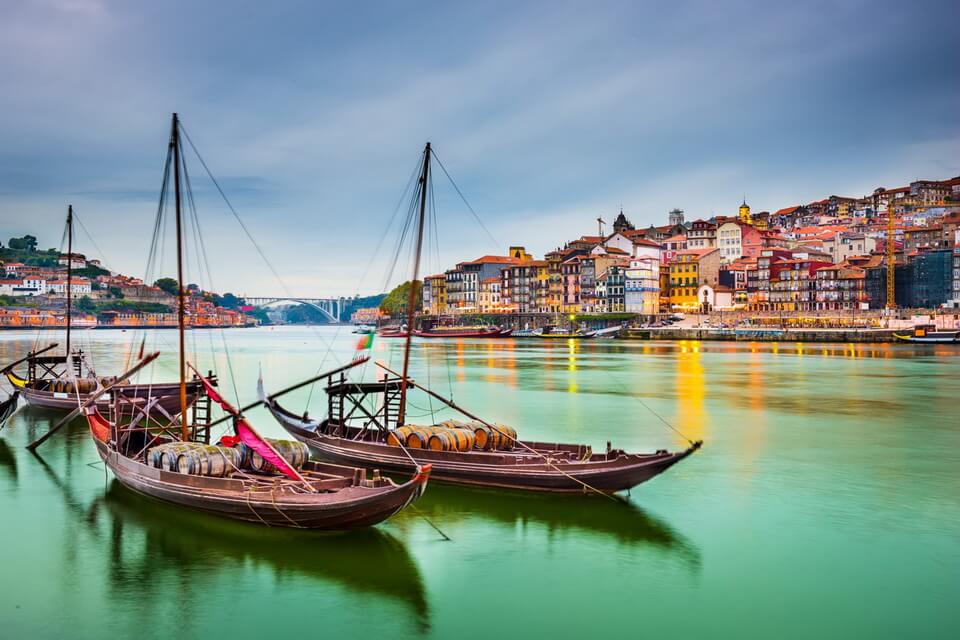
Benefits from investment for overseas settlement
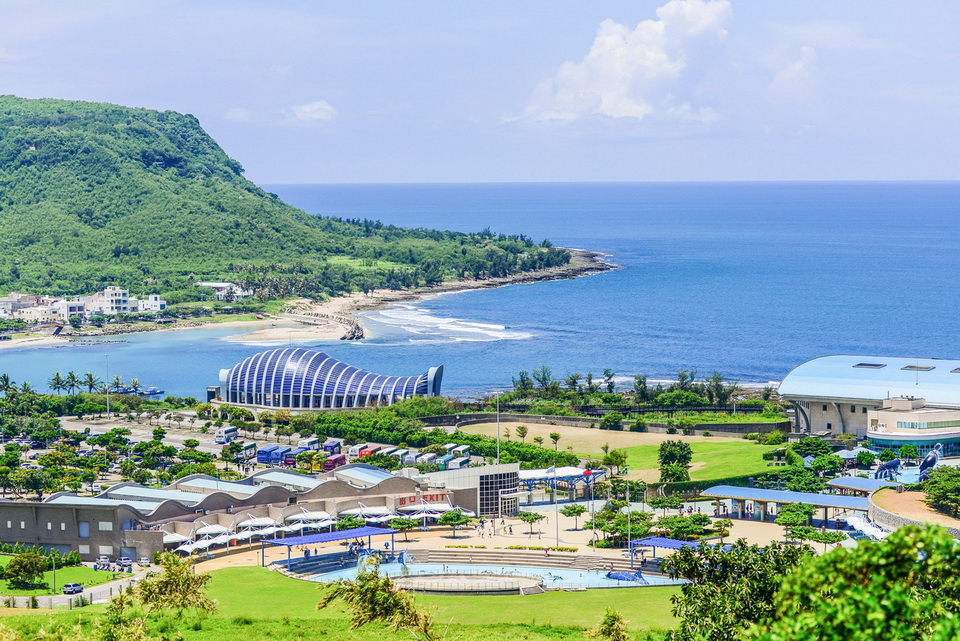
New experiences for travel in Taiwan
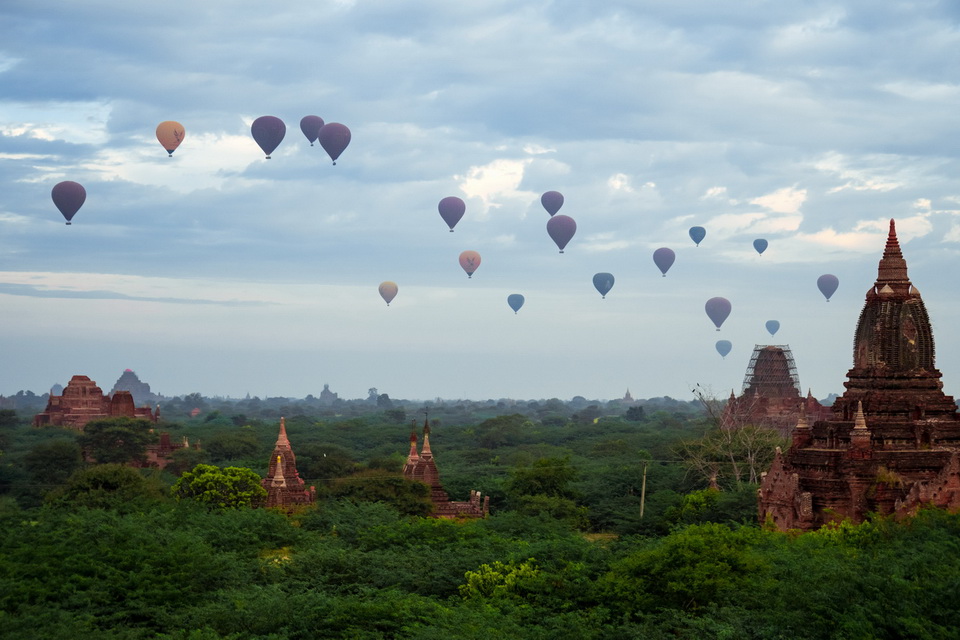
Exploring the ancient city of Bagan
Living a farmer’s life in Ibaraki Prefecture
Let’s live with farmers from the Hiroura Rural Experience Promotion Association in Ibaraki Town!
From cherry blossoms to nemophila, spring in Ibaraki is the season of flowers
Spring is the season of flowers blooming everywhere. This article would like to introduce the places ...
What's so special about experience tours in Ibaraki?
Ibaraki Prefecture is easy to reach from Haneda Airport or Narita Airport. It takes about 90 minutes ...
Where to see the most spectacular Cherry blossoms in this Spring
Spring is here, and so is the countdown to one of the most beautiful blooms of the year: Cherry blos ...
Tet and others spectacular festivals around the world in January 2020
In January 2020, Tet festival in Vietnam and others spectacular festivals around the world are color ...
The best Christmas drinks from around the world
Boozy, warming, and very indulgent – what more do you expect from a Christmas cocktail? Try one of t ...







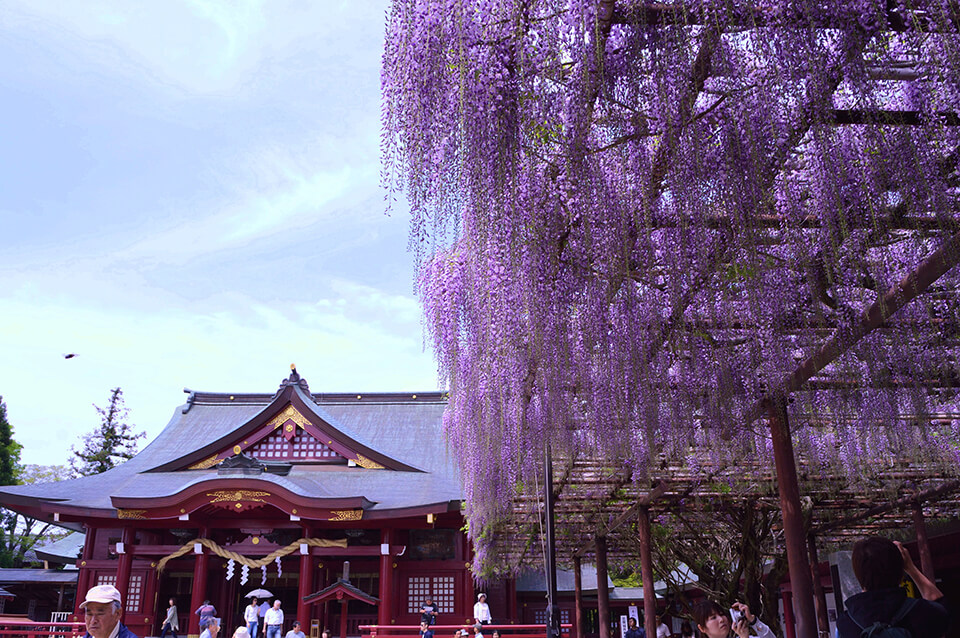
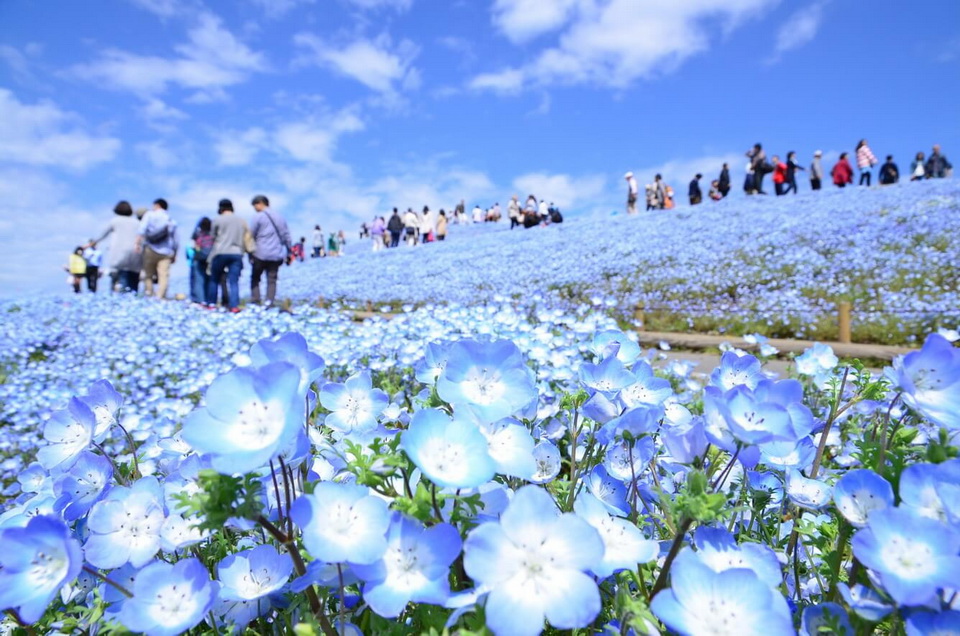
 (1).jpg)
